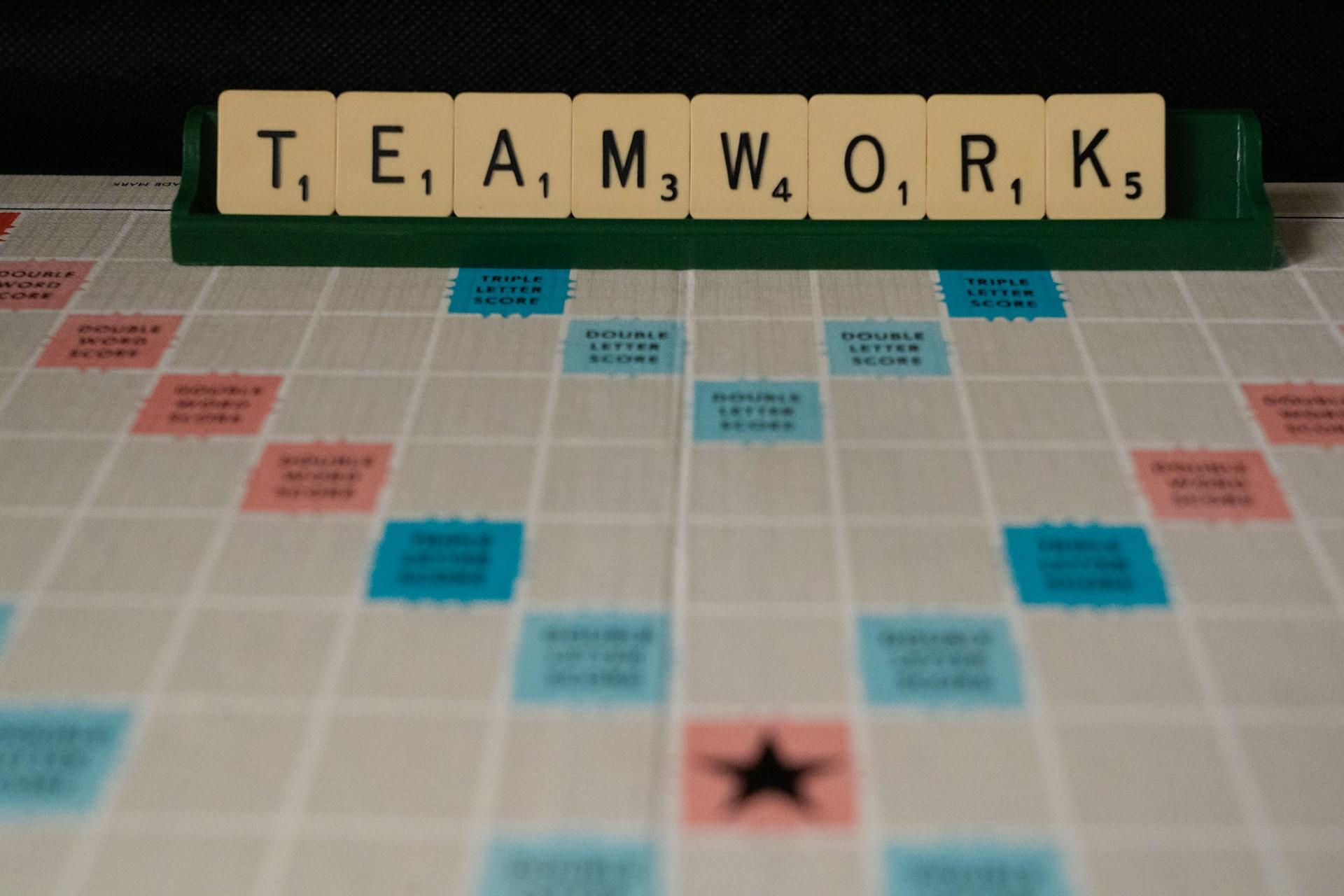On the surface, it appears that 'verbal reasoning' is superfluous. After all, how else could we reason if not verbally? This logic reveals two misunderstandings about the 11 Plus verbal reasoning paper.
The reasoning in question doesn't refer to making arguments or understanding something. Unlike inductive or deductive reasoning, verbal reasoning is not used to make a point or draw conclusions. It refers to how well one knows and uses words.
Likewise, 'verbal' does not relate to its primary meaning, describing something expressed with spoken words. This adjective's alternate meaning indicates a phenomenon or activity connected with words and the use of words. This is the meaning applied to verbal reasoning.
The verbal reasoning paper calls for students to demonstrate how well they know and can use words. Your child won't have to write lengthy essays to prove their reasoning skills. However, they must master a long vocabulary list and know how to manipulate written information.
That sounds daunting but effective preparation, including with practice papers, minimises anxiety over this exam. So, in this article, we discuss 11 Plus verbal reasoning. You'll discover:
- a more detailed explanation of what verbal reasoning is
- 11 Plus verbal reasoning skills and how to build them
- a sampling of verbal reasoning questions
- where to find 11 Plus verbal reasoning resources
The most important 11 Plus verbal reasoning fact is that not every grammar school or college includes such papers. Your chosen school may test your child's non verbal but not verbal reasoning skills. They may test your child on both competencies or neither.
Still, verbal reasoning skills are important. This text shows you how you and your child can build them.

What Is Verbal Reasoning?
In general terms, verbal reasoning means using words to present concepts. Understanding presented concepts is also a part of verbal reasoning's general definition. However, this definition doesn't include understanding every word and English fluency.
This standard definition does count assessing the speaker's ability to think constructively. This ties in with building logical arguments. Finally, we arrive at a common ground between our exam and this concept's general meaning.
The 11 Plus verbal reasoning paper challenges students' constructive thinking but doesn't test it. Your child must understand complex meanings and context. However, they are not tasked with creating multi-layered texts.
Law schools and intelligence quotient (IQ) exams include verbal reasoning exercises, as well as non verbal reasoning questions. It stands to reason that law school entrance exams challenge candidates with a verbal reasoning exam. A large part of legal work is manipulating written information.
Manipulating written information is also the purpose of the 11 Plus verbal reasoning exam. If your grammar school includes this component in their admissions process, your child will answer between 60-80 verbal reasoning questions. They should have roughly an hour to complete this paper.
Like law school hopefuls, your child must apply logical thinking and problem-solving skills to succeed. They will have to work systematically, spell accurately and apply math skills. They must interpret word meanings based on context.
That means they need an expanded vocabulary. However, knowing a lot of words isn't enough. They must also know words' synonyms, antonyms and alternate forms. Those include comparatives, superlatives and derivatives.
Succeeding on such an exam sounds like a tall order. Especially as primary school English classes don't prepare students to address verbal reasoning questions. That's rather the point of these papers.
Grammar schools, independent schools and colleges aim to admit students with the most potential. They don't need to determine how much your child knows. They aim to discover what your child can do with that knowledge.
The best way to prepare for the 11 Plus verbal reasoning component is exposure. Your child should become familiar with the types of questions these papers feature. They should know what to expect and how to address each type of exercise. Then, they will enter the testing room with an edge that less prepared students lack.

11 Plus Verbal Reasoning Competencies
Your child will have an assortment of questions to answer on their 11 Plus verbal reasoning paper. Some are multiple-choice and others call for them to fill in missing letters. One segment instructs them to underline words' synonyms while another tests their knowledge of antonyms. One set of questions entails finding a common meaning for groups of words.
Your child should cultivate an expansive vocabulary, complete with synonyms, antonyms and homonyms. This will help them answer 'odd one out' questions; the type that ask "Mark out the word that doesn't belong". They will also be able to spot connections between words to answer 'similar meaning' questions.
Pick out one of the words in the list below that does not fit in with the other three:
symphony, sonnet, canvas, novella
Correct answer: novella. The three other words on the list are related to music, whereas canvas is a material used for painting
Spotting patterns feature heavily throughout this exam. For instance, your child might have to fill in missing letters in a text. They should note the passage's general idea and the fact that verbs are all in past tense. They can then make deductions based on logical reasoning about what the correct word is.
Word-building is another skill this exam assesses. For instance, 'family' is the root for 'familiar', 'familiarity' and 'familiarisation'. Other questions in this category include word morphs. These puzzles start with a simple word - cap, to which one may add an M to make 'camp'. The chain grows longer from there: camper, campers, camped and so on.
To build these wordplay skills, you and your child might enjoy anagram competitions. You might see who can solve word jumble puzzles the fastest or challenge one another to complete word finds.
You may even borrow words from your child's 11 Plus English practice materials to create your own challenges. These would be great to help them build thinking skills and deductive reasoning. Or you could pose different 'what if' scenarios. These creative exercises are just the way to process and manipulate information.

Verbal Reasoning Questions
As mentioned above, the verbal reasoning exam may have between 65-80 questions. So many questions presented in different formats could be mind-boggling. However, the basis for them stays the same: how well can your child apply their skills?
Examiners will determine your child's aptitude by assessing how well they process information. You might think of this competency as a standard reading exam. Your child will read a fiction or non-fiction text. They will then answer questions to establish what they understood and remembered.
Identification questions require your child to recognise patterns, relationships and themes. Your child will first have to process that information - understand its meaning and project possible outcomes. But then, they must tease out specific elements of that information to understand how those elements come together.
Evaluation questions depend on your child's abilities to process information and identify elements. From those particulars, they must arrive at an opinion, idea or conclusion. Answering these questions calls for critical thinking, a skill set your child needs throughout the 11 Plus exam.
Answering manipulation questions requires all the skills the other types of questions draw on. They must first understand the information and then, isolate specific elements. They will formulate conclusions and/or come up with ideas to manipulate the information.
Information manipulation is the most challenging type of question. As you plan your revision sessions, consider putting manipulation questions into practice later in your timetable. Your child must master information processing, element identification and evaluation before tackling information manipulation.
However, the path to building these skills is not set in stone. Your child may intuitively manipulate information or identify elements without first processing information. You should assess their strengths in these abilities and target your efforts where they need the most help.

11 Plus Verbal Reasoning Resources
England's main 11 Plus exam materials provider is Granada Learning (GL Assessment). Coordination Group Publishers (CGP) makes practice papers and other revision materials available on their website. You might consider buying a few of their workbooks and manuals. You'll find one set for every exam component.
As you read throughout this article, the best revision strategy is playing with words. Word-based brain teaser puzzles like Hidden Words and Word Jumbles are great training for the types of questions on this exam. Don't forget critical thinking practice. You can pose 'what if' questions in casual settings such as while shopping or dining out.
You may consider private tuition to help your child build needed skills for their 11 Plus exam. An experienced tutor can assess your child's ability to work with 11 Plus exam materials and focus on building needed skills. They will likely have reams of practice papers and other materials for your child to work on.
You might also connect with other 11 Plus parents. Such a network will provide you with great support and share revision strategies, tips and tricks. You may even decide to tutor your children together. You might rotate tutoring duties or invest together in a group tutor's services.
Unlike your child's 11 Plus Maths exam, revising for the 11 Plus reasoning component isn't hard. Indeed, it's mostly playing with words and expanding their thinking capabilities.
Summarise with AI:















